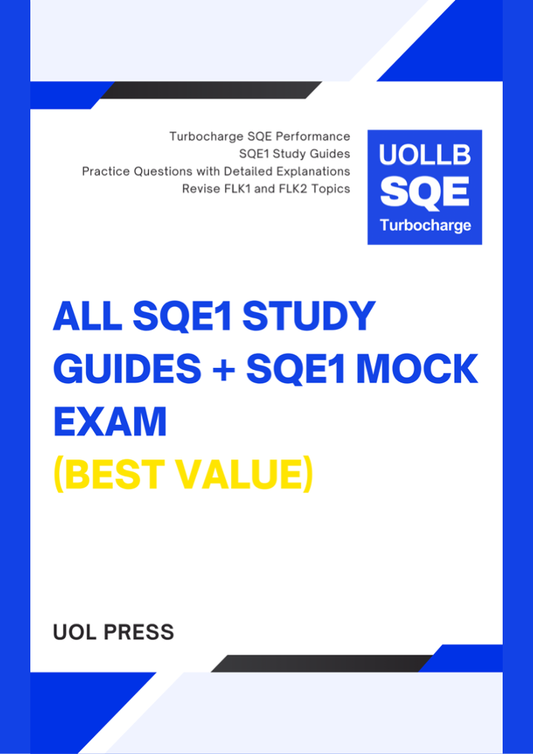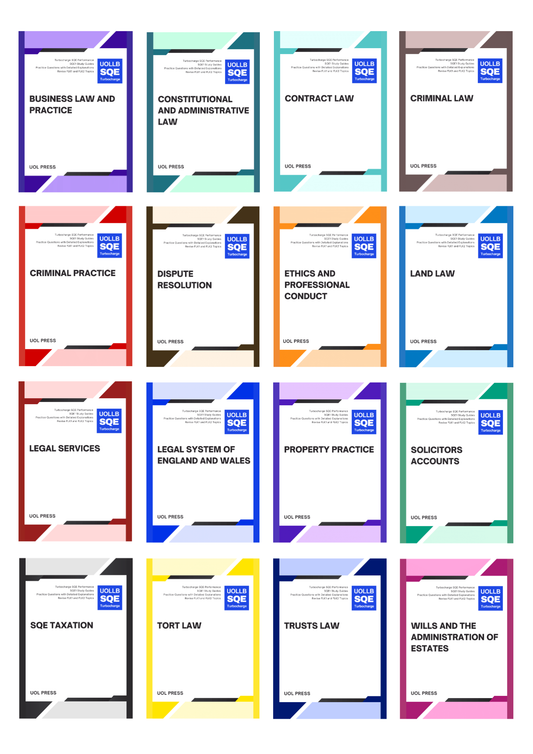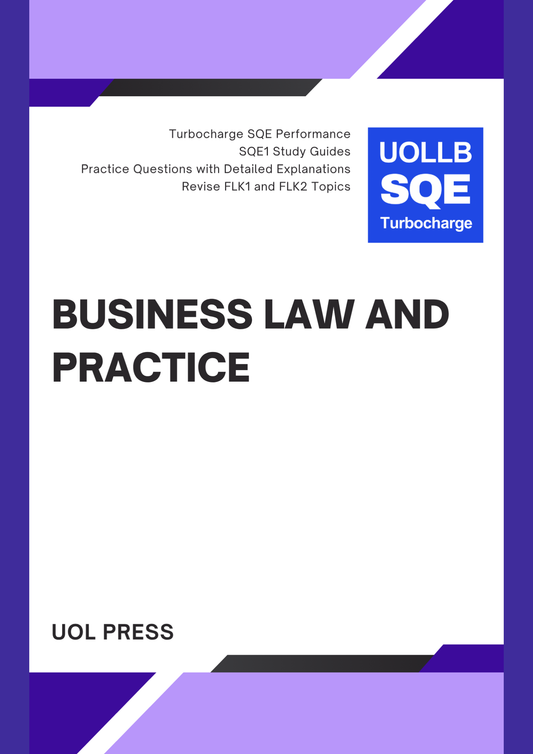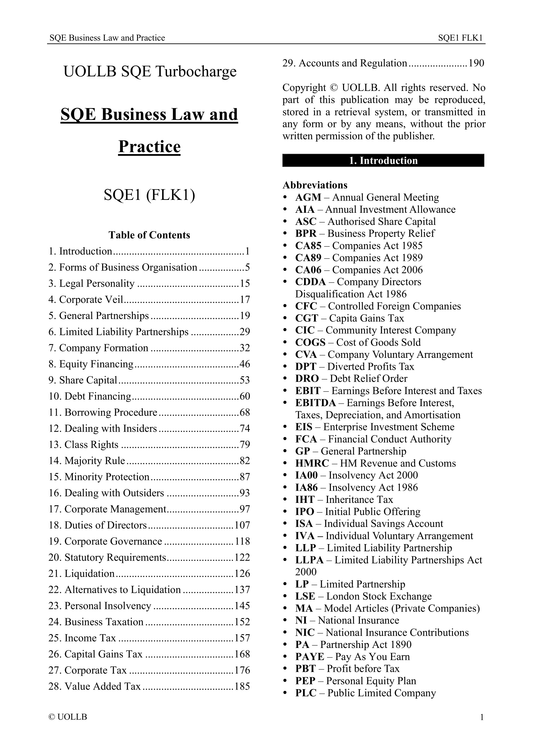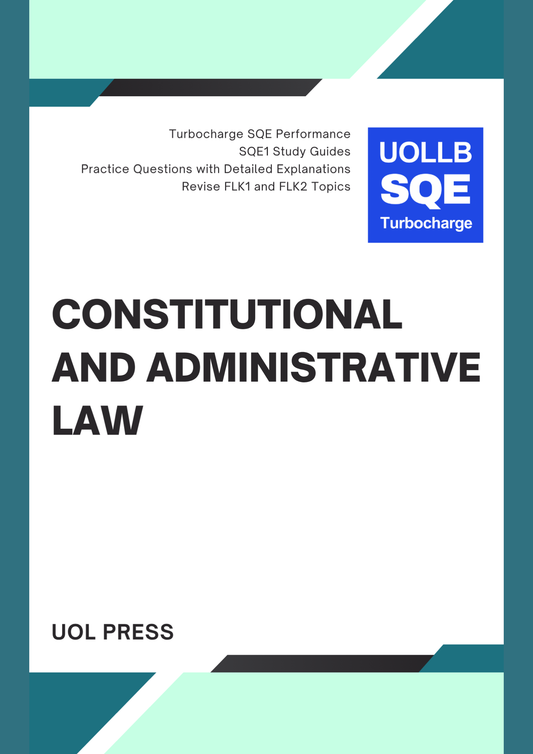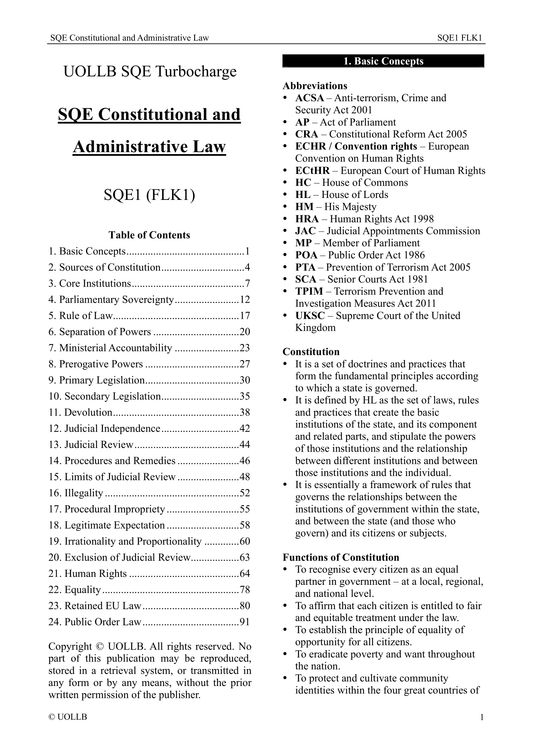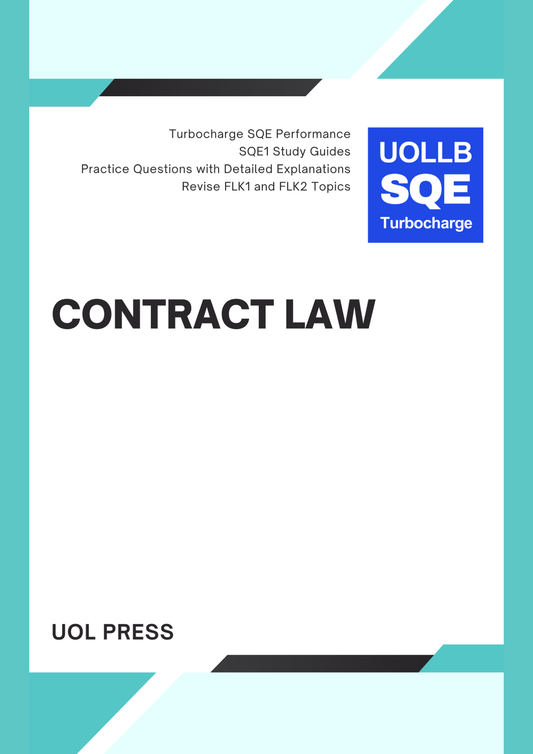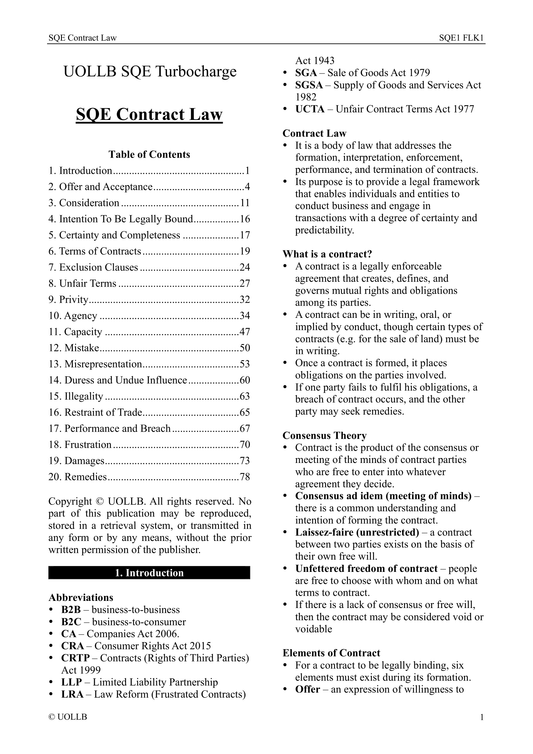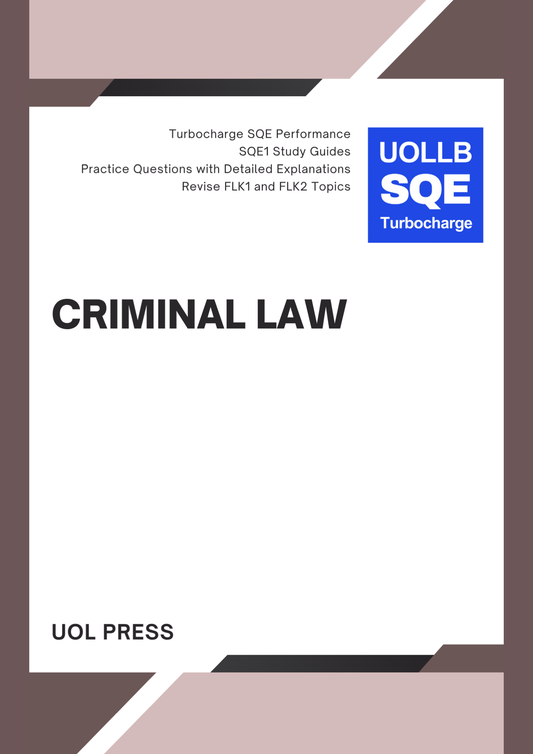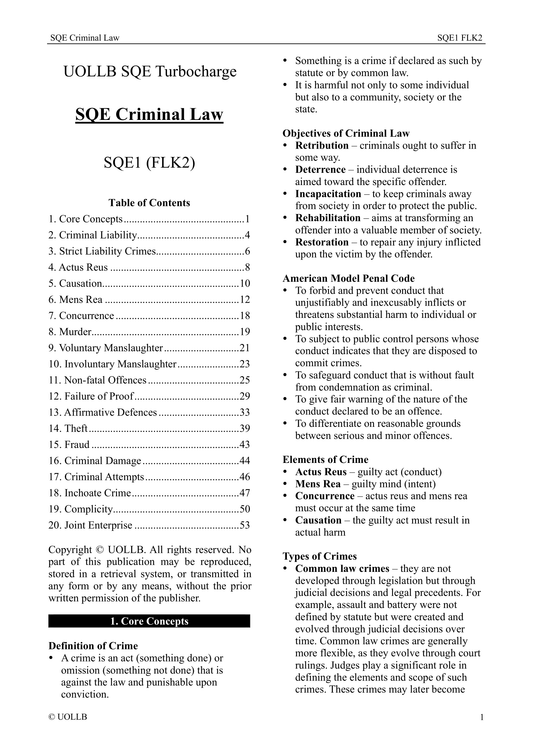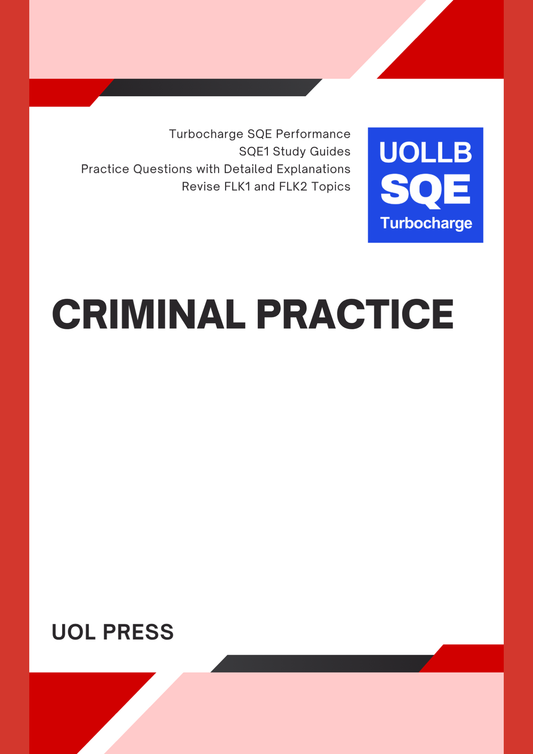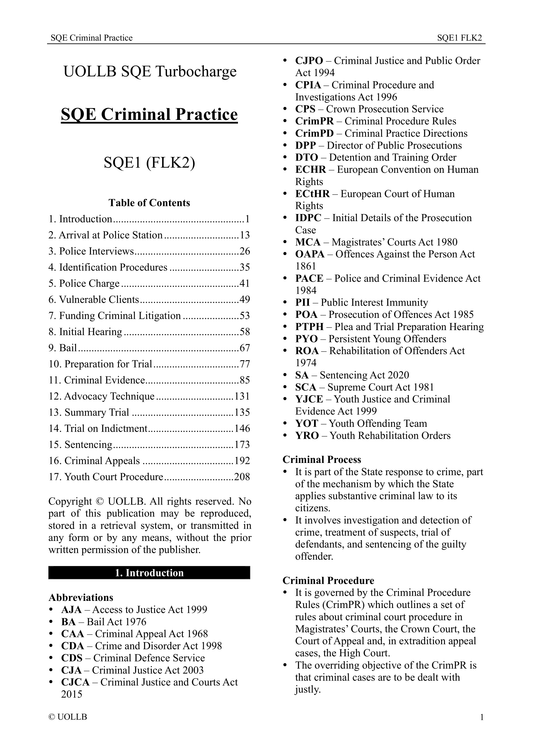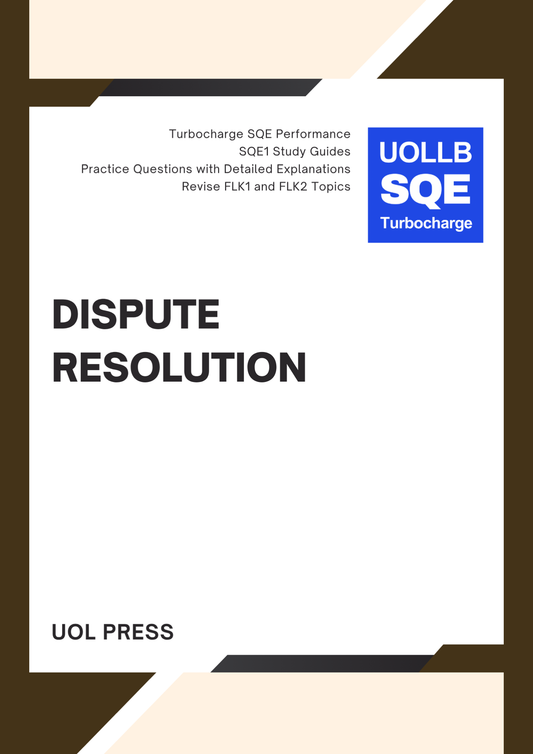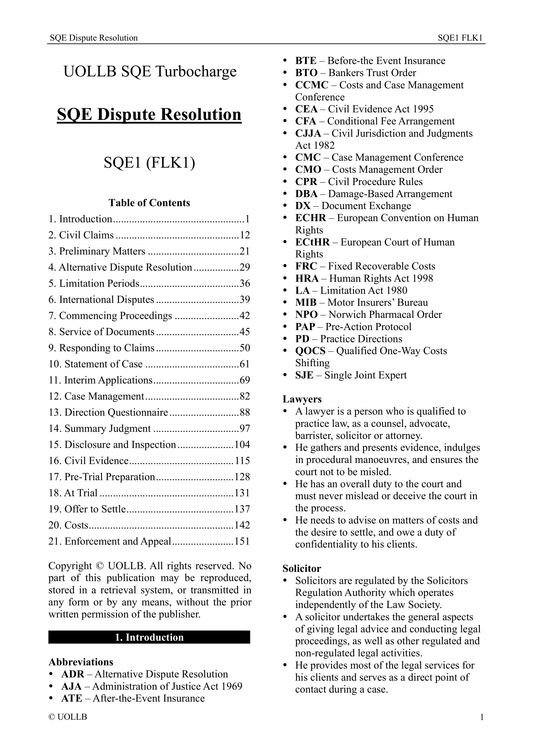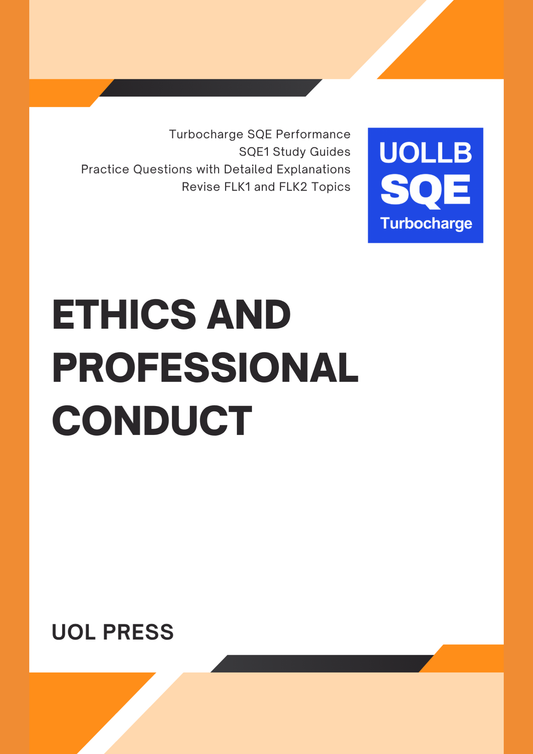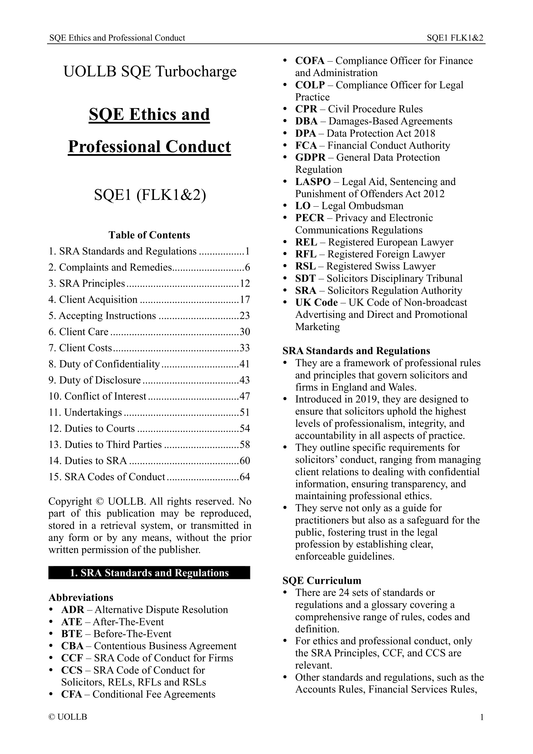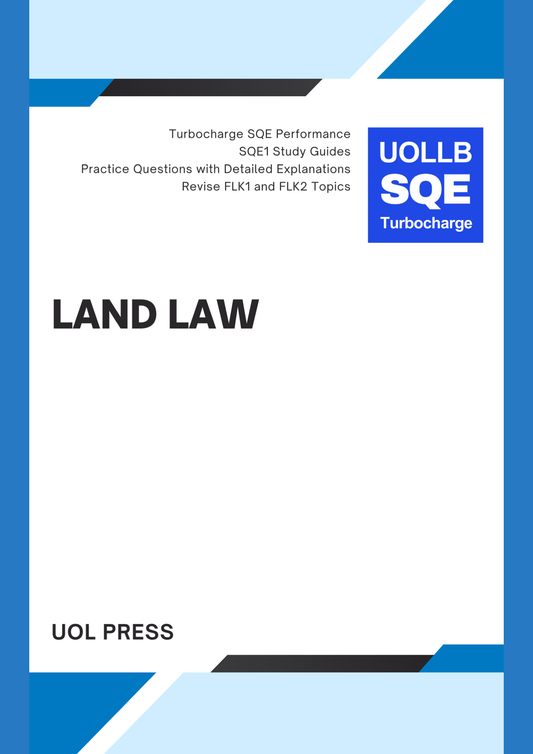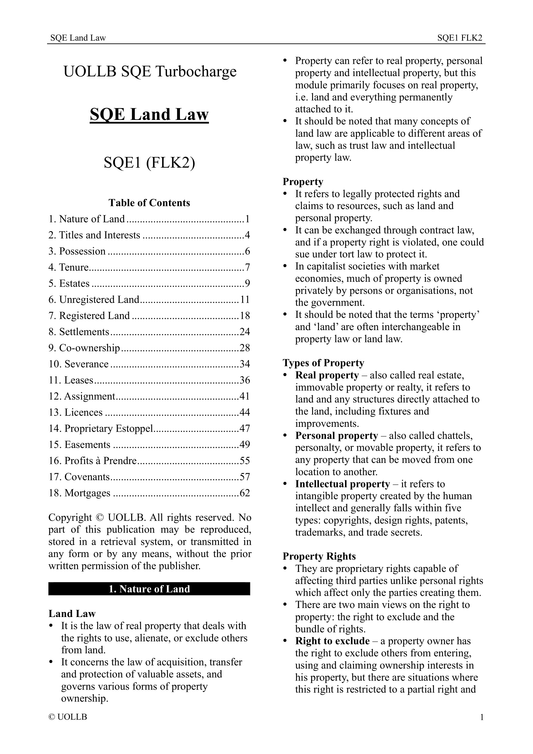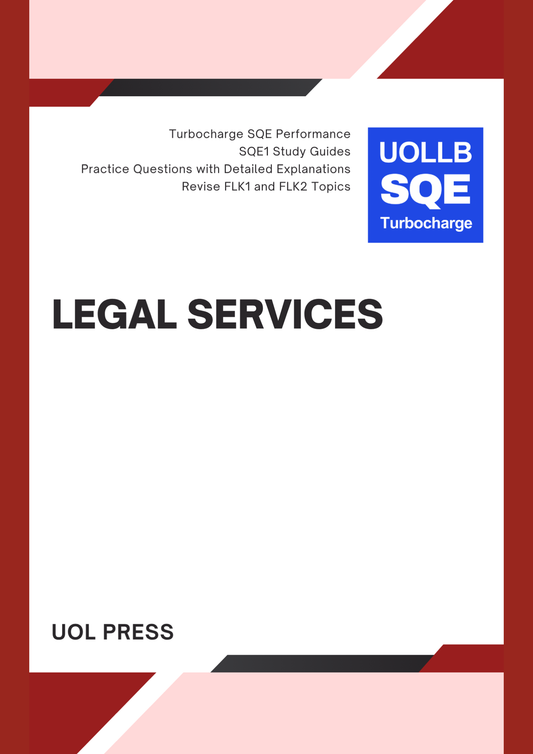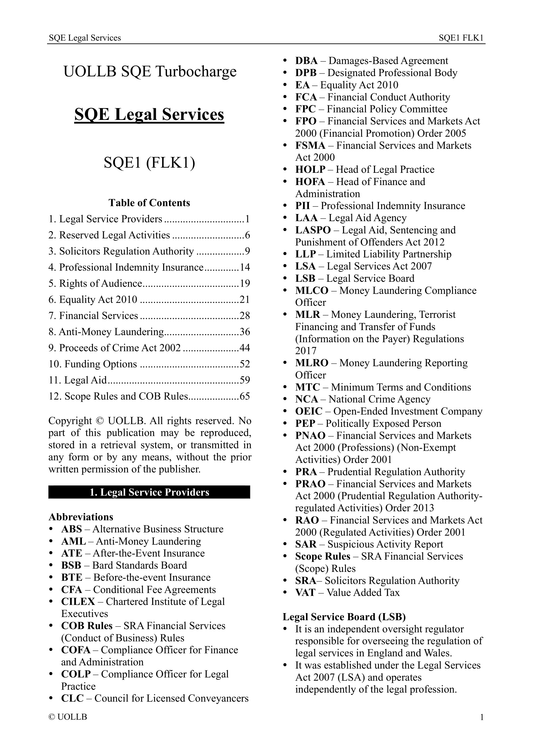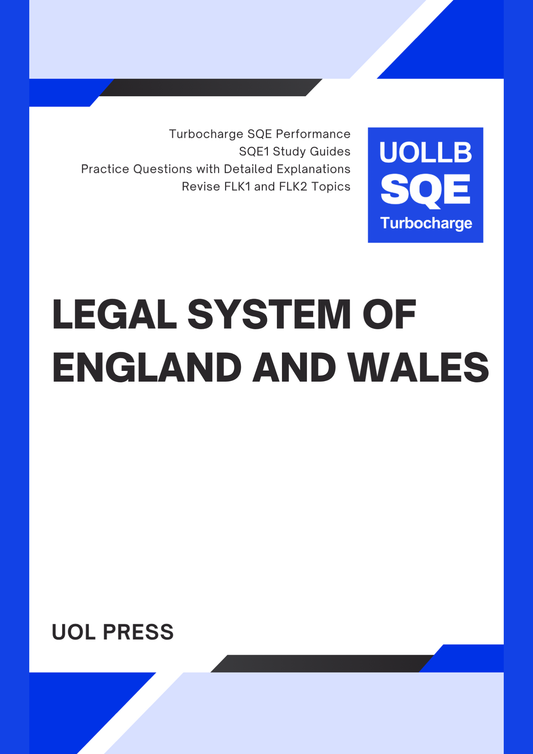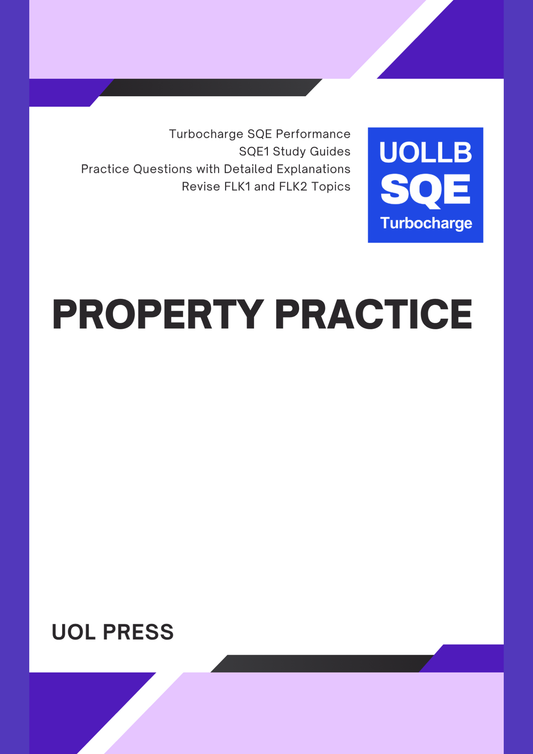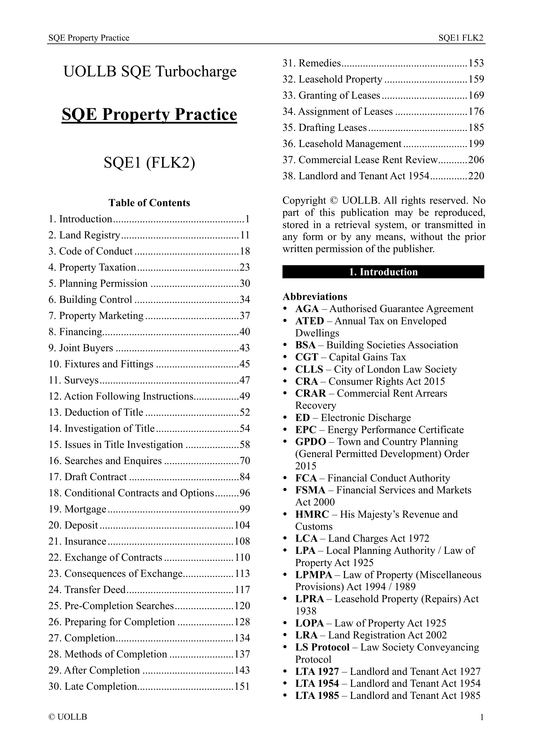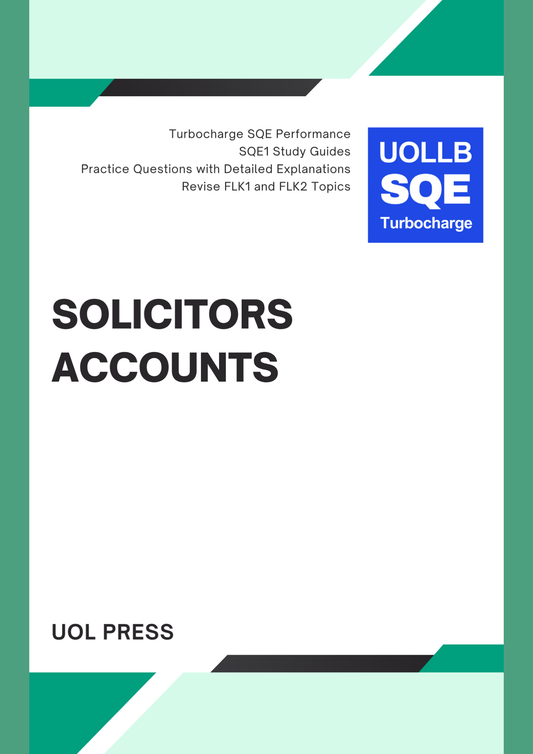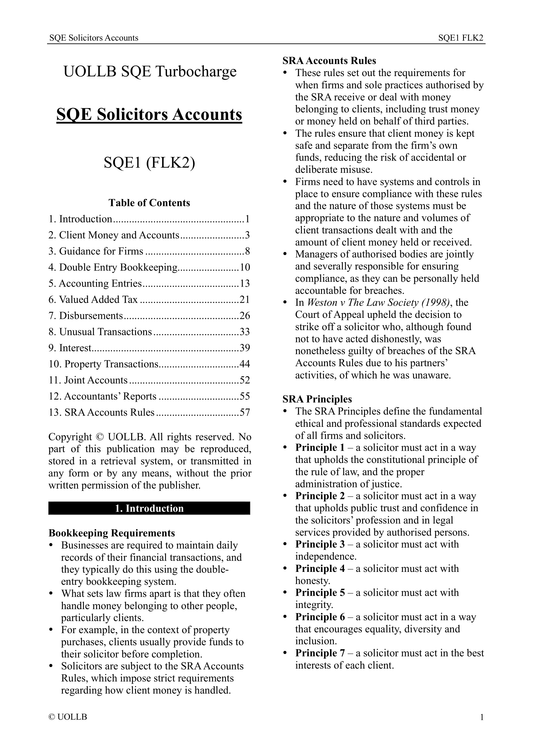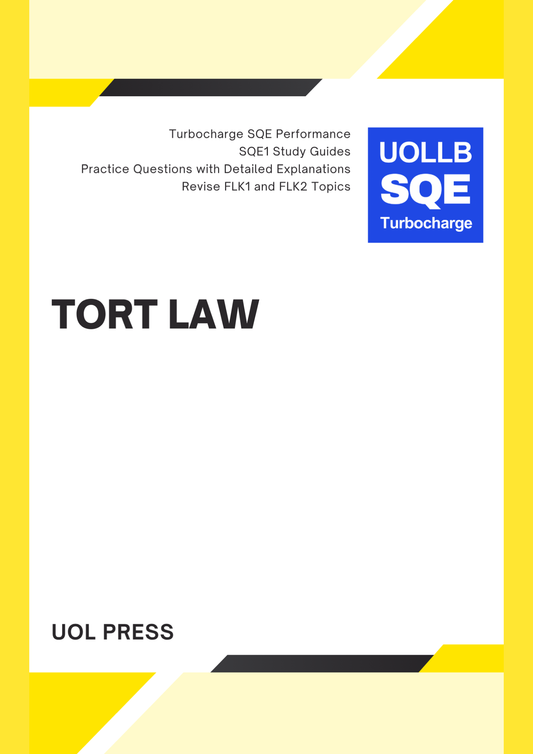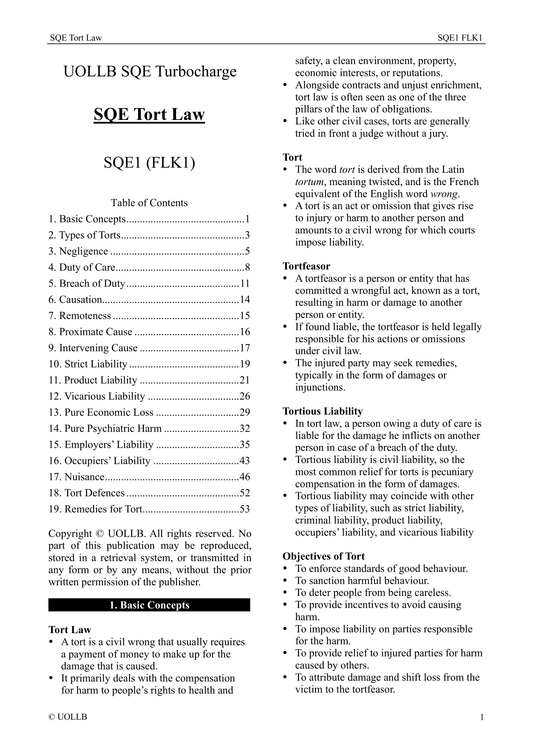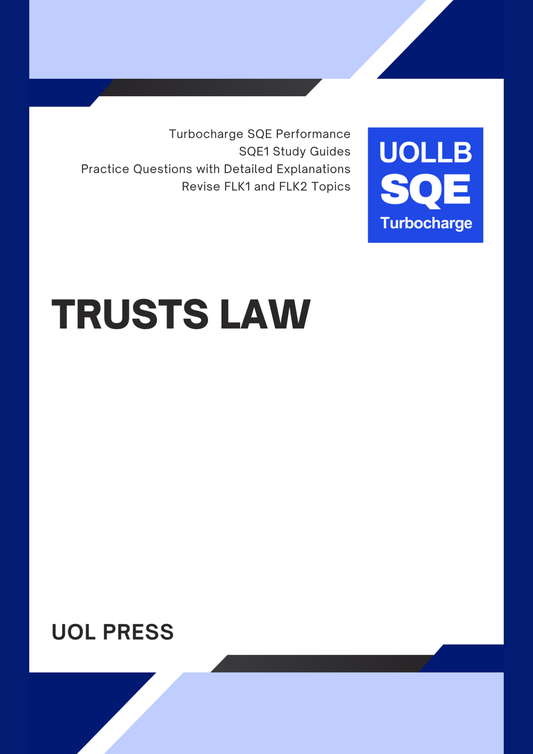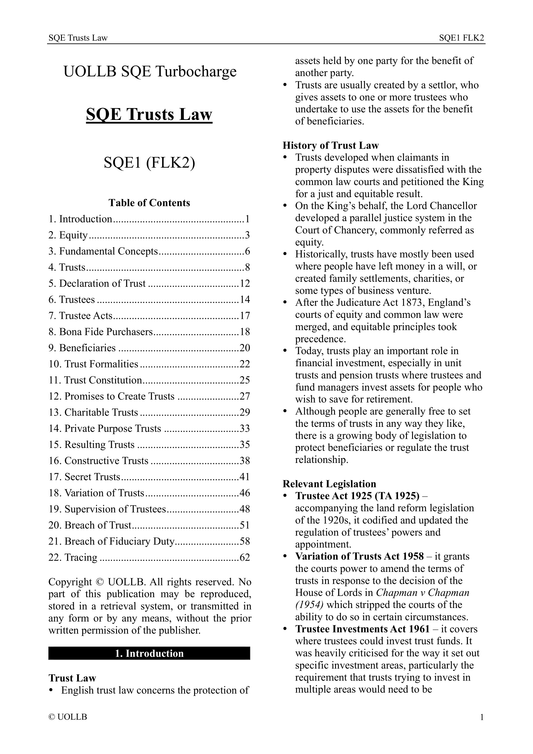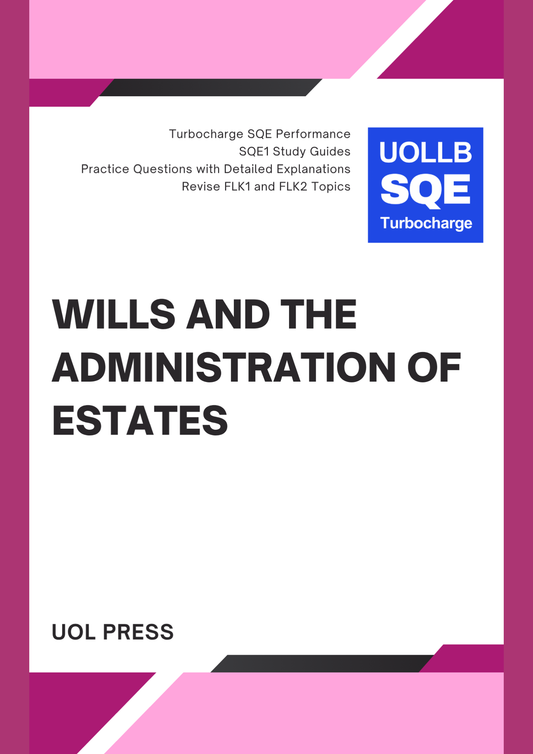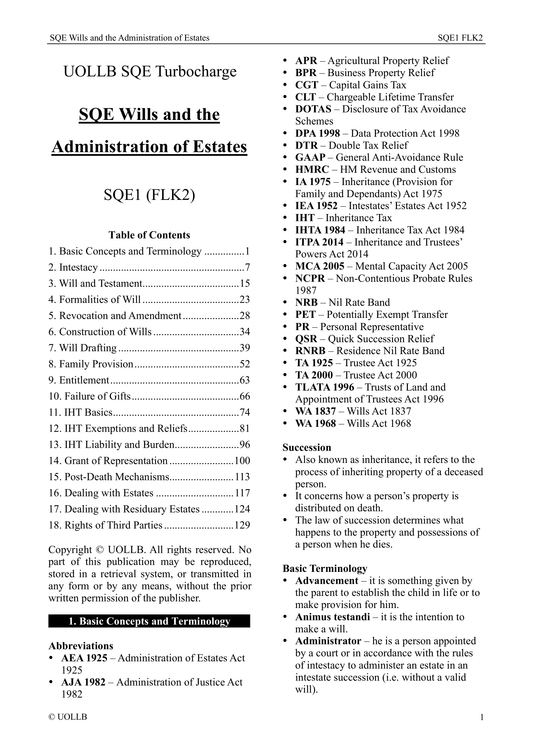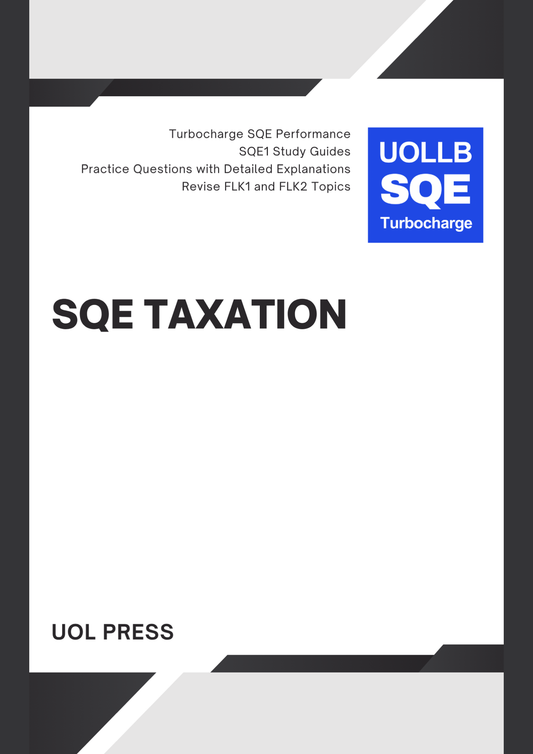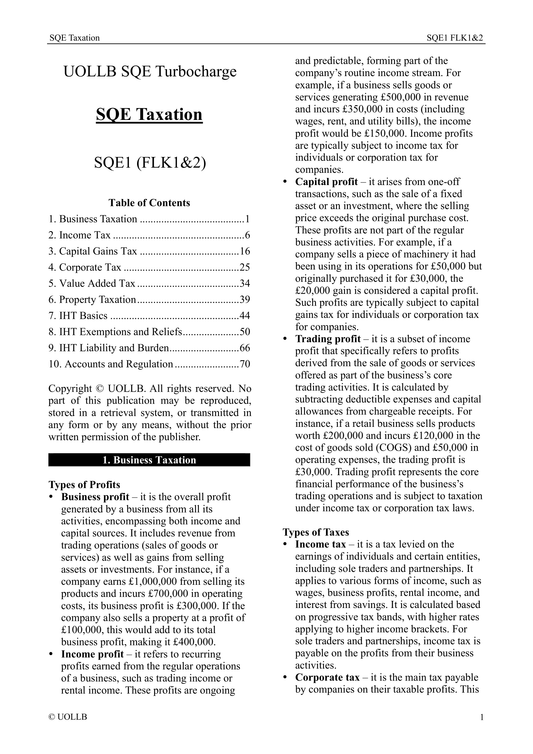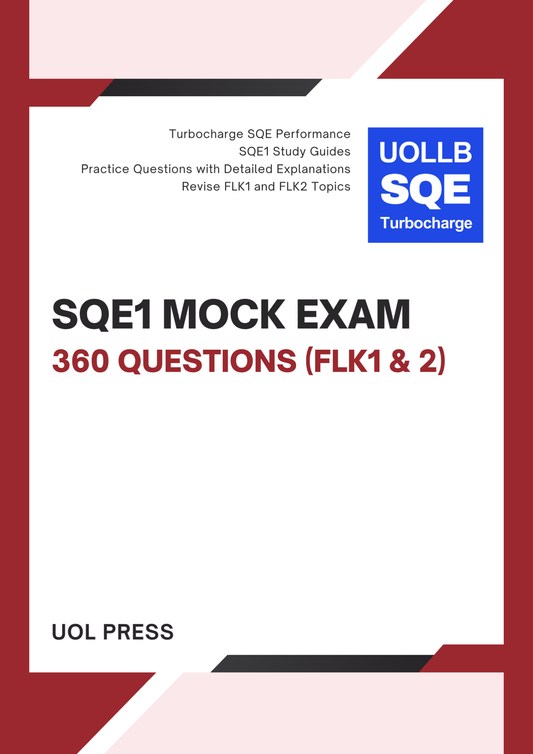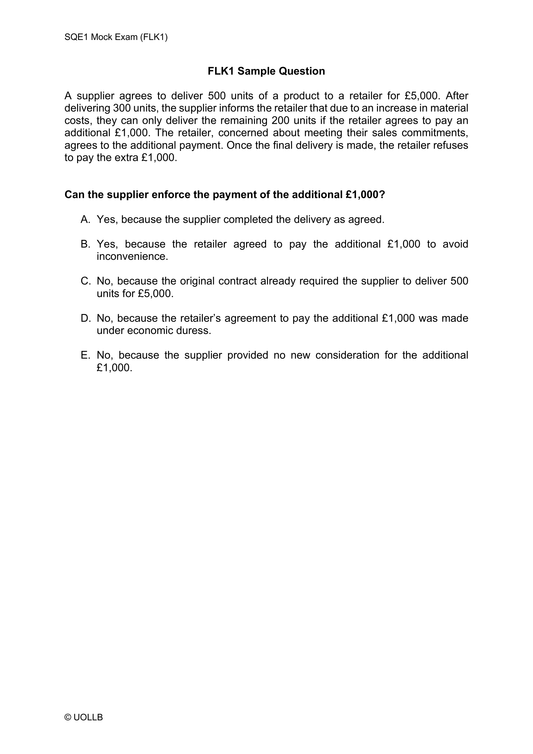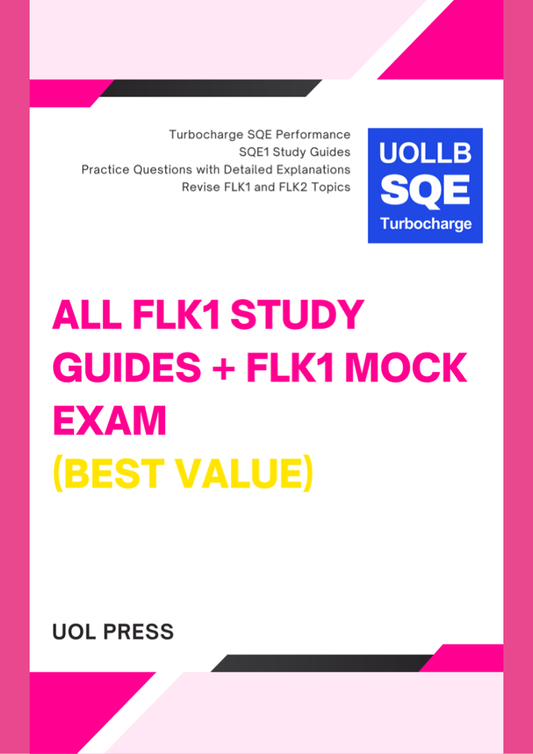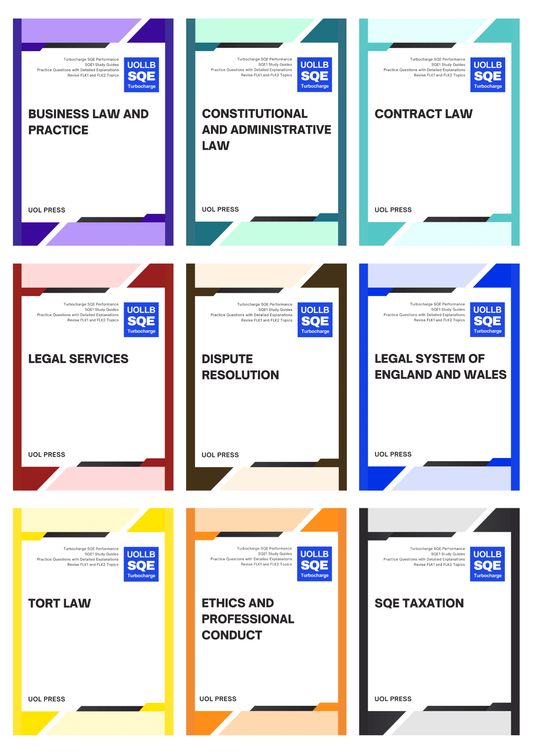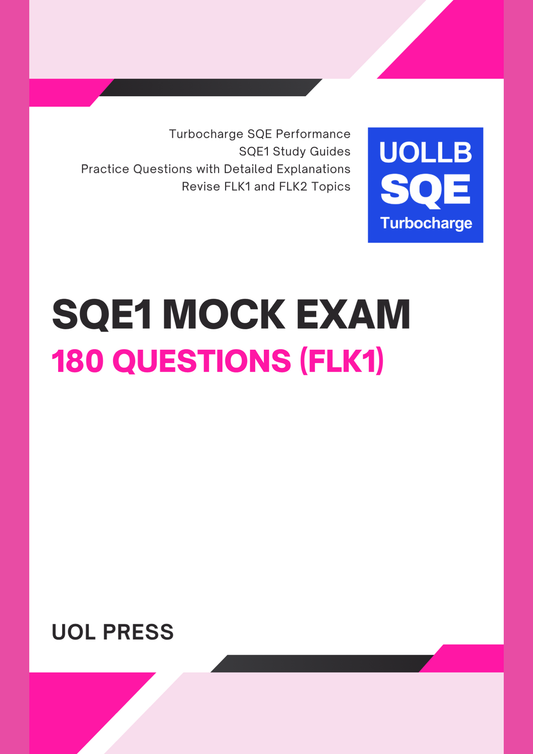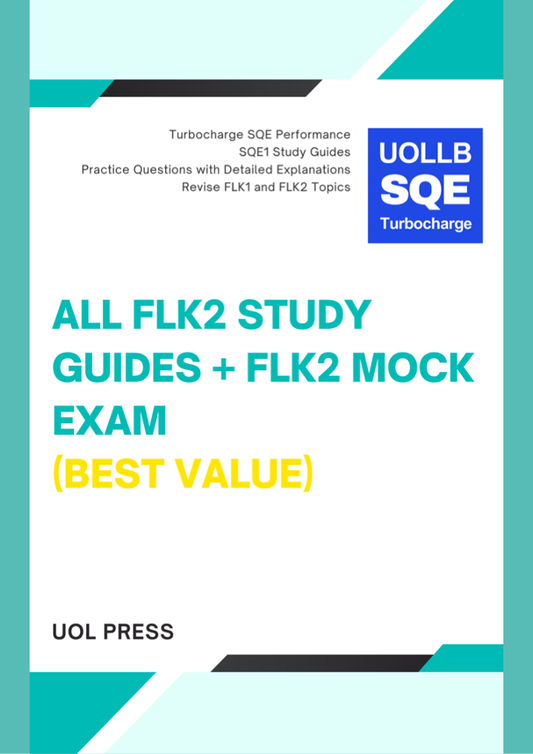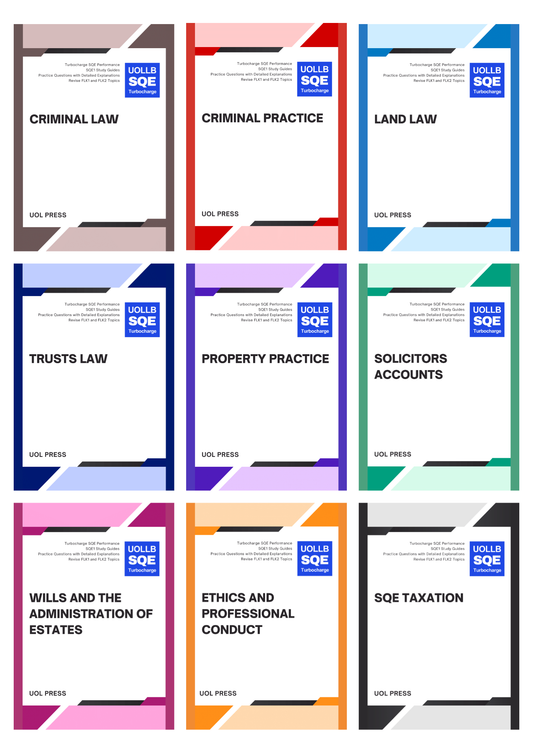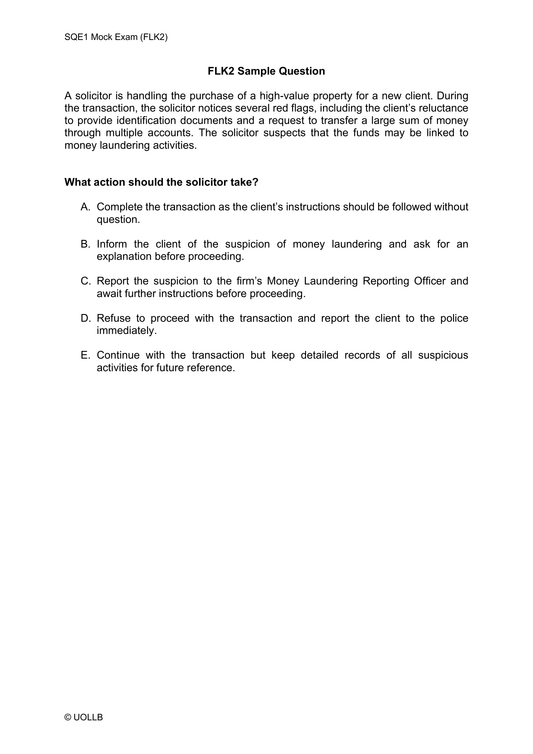SQE2 Marking
Share
Overview
The interviewing station is assessed solely on legal skills by the assessor playing the role of the client, while all other stations, including the attendance note, are marked by solicitors who assess both skills and the application of legal principles. You are evaluated against defined criteria for each legal skill type. The performance is graded on a scale from A to F, where grades reflect the level of competency:
- A (5 marks): Superior performance, well above the required competency.
- B (4 marks): Clearly satisfactory, meeting competency requirements.
- C (3 marks): Marginal pass, just meeting competency requirements.
- D (2 marks): Marginal fail, narrowly missing competency requirements.
- E (1 mark): Clearly unsatisfactory, failing to meet competency requirements.
- F (0 marks): Poor performance, significantly below the required standard.
Skills and Legal Knowledge
To demonstrate competency as a newly qualified solicitor, you must apply fundamental legal principles effectively within practical scenarios. The required level of legal knowledge focuses on foundational concepts necessary for practice, with the understanding that newly qualified solicitors can consult resources for more specific details when needed. You are not expected to know intricate legal details unless those details are explicitly provided in the assessment materials.
Application of Law
The application of law involves accurately identifying and applying relevant legal principles to achieve outcomes that align with a client’s needs and circumstances. This includes tasks such as:
- Recognising and accurately identifying relevant legal principles.
- Applying those legal principles to factual scenarios to develop solutions that best meet the client's needs, taking into account his personal or commercial circumstances, including in negotiation contexts.
Interpreting, analysing, and effectively utilising the results of legal research. - Providing advice that is underpinned by sound legal analysis and clearly outlines the consequences of various options.
- Drafting documents that are precise, valid, and legally enforceable.
- Demonstrating critical thinking and analytical skills to address and resolve complex problems.
- Analysing information to identify core issues and potential risks.
- Detecting inconsistencies and gaps in the information provided.
- Assessing the quality and reliability of information to ensure informed decision-making.
- Synthesising information from multiple sources to arrive at well-reasoned and justifiable conclusions supported by evidence.
Credit is awarded for correctly identifying issues and providing comprehensive analyses, depending on the requirements of each assessment. The assessment criteria are aligned with the Statement of Solicitor Competence and the Functioning Legal Knowledge for SQE2.
Single Jurisdiction of England and Wales
Although England and Wales constitute a single legal jurisdiction, there are notable differences in how the law operates in each territory. In Wales, for instance, the Welsh language holds official status and can be used in legal proceedings, a factor that may influence the application and interpretation of the law. Additionally, specific areas of law, such as those devolved to the Welsh Government, may diverge from the laws applicable in England.
As solicitors qualified in England and Wales are entitled to practise across both territories, You are expected to demonstrate an awareness of these jurisdictional distinctions at the competency level of a newly qualified solicitor.
Written Skills and Language Standards
The assessment criteria for written skills in SQE2 emphasise the use of language that is clear, precise, concise, and appropriate for the context. This involves:
- Using clear, succinct, and accurate language while avoiding unnecessary technical terms unless they are relevant and appropriate for the recipient.
- Adopting a style of communication that is suitable for the specific situation and intended audience.
It is important to note that the SQE2 written assessments do not include spell check or highlighting functions, and guidance has been provided to markers regarding the treatment of spelling and grammar errors. You will not lose marks for spelling mistakes that:
- Do not affect the legal accuracy, clarity, or certainty of the written text.
- Would typically be flagged by spell check functionality, although it is acknowledged that errors in names, addresses, dates, or values might not be identified by such tools.
Similarly, you will not be penalised for grammatical errors that:
- Do not compromise the legal accuracy, clarity, or certainty of the text, though errors in tense usage or similar issues could affect clarity and may be penalised.
- Do not make the written content inaccessible or difficult for the intended reader to understand.
Because of the limited formatting options on the test platform and the time constraints under which you are expected to complete your work, marks will also not be deducted for poor formatting.
To pass SQE2, you must achieve the overall pass mark, which is determined across both oral and written components as a single entity. There are no separate pass marks for these components. The final pass mark is set according to the Marking and Standard Setting Policy.
